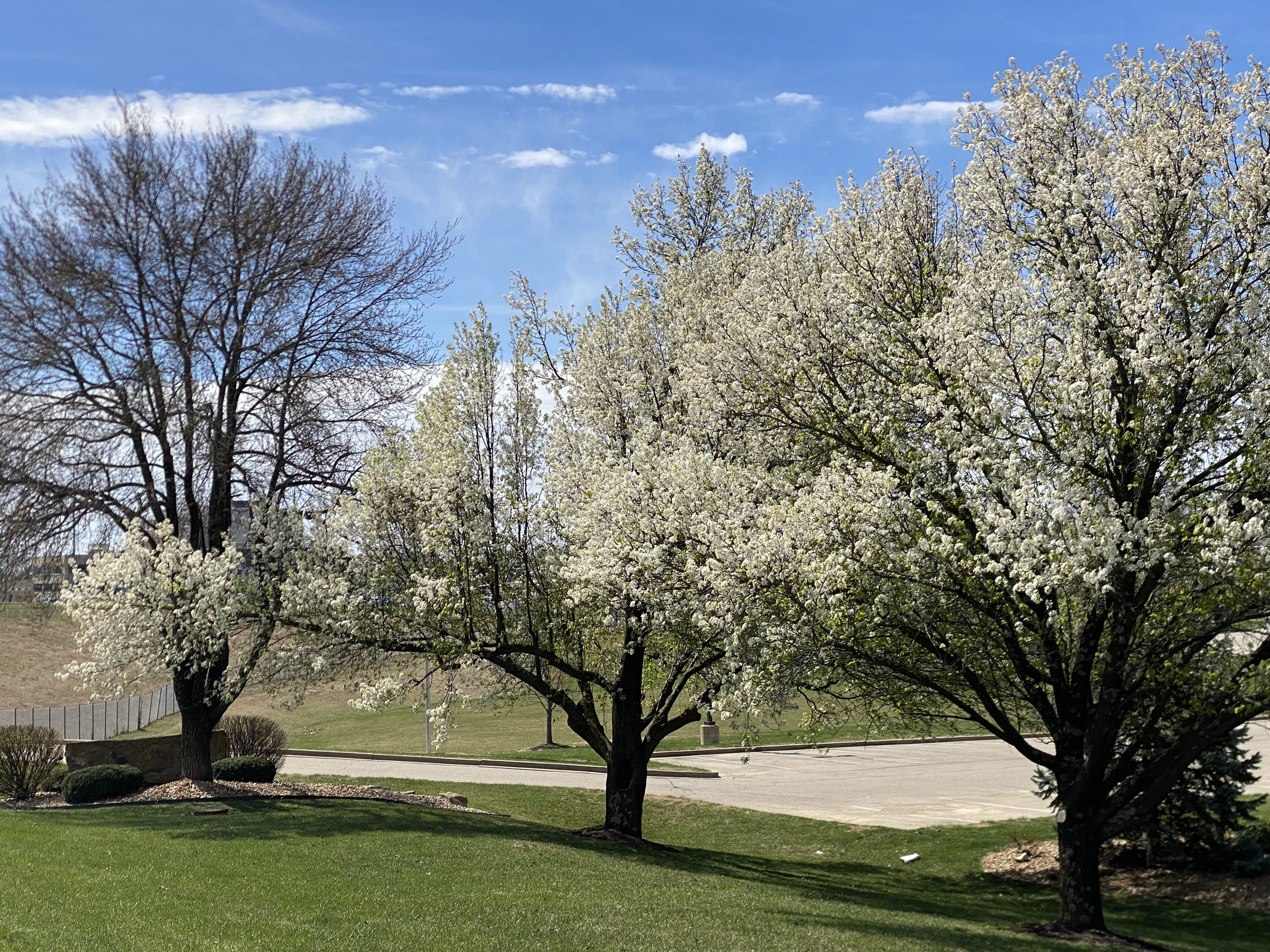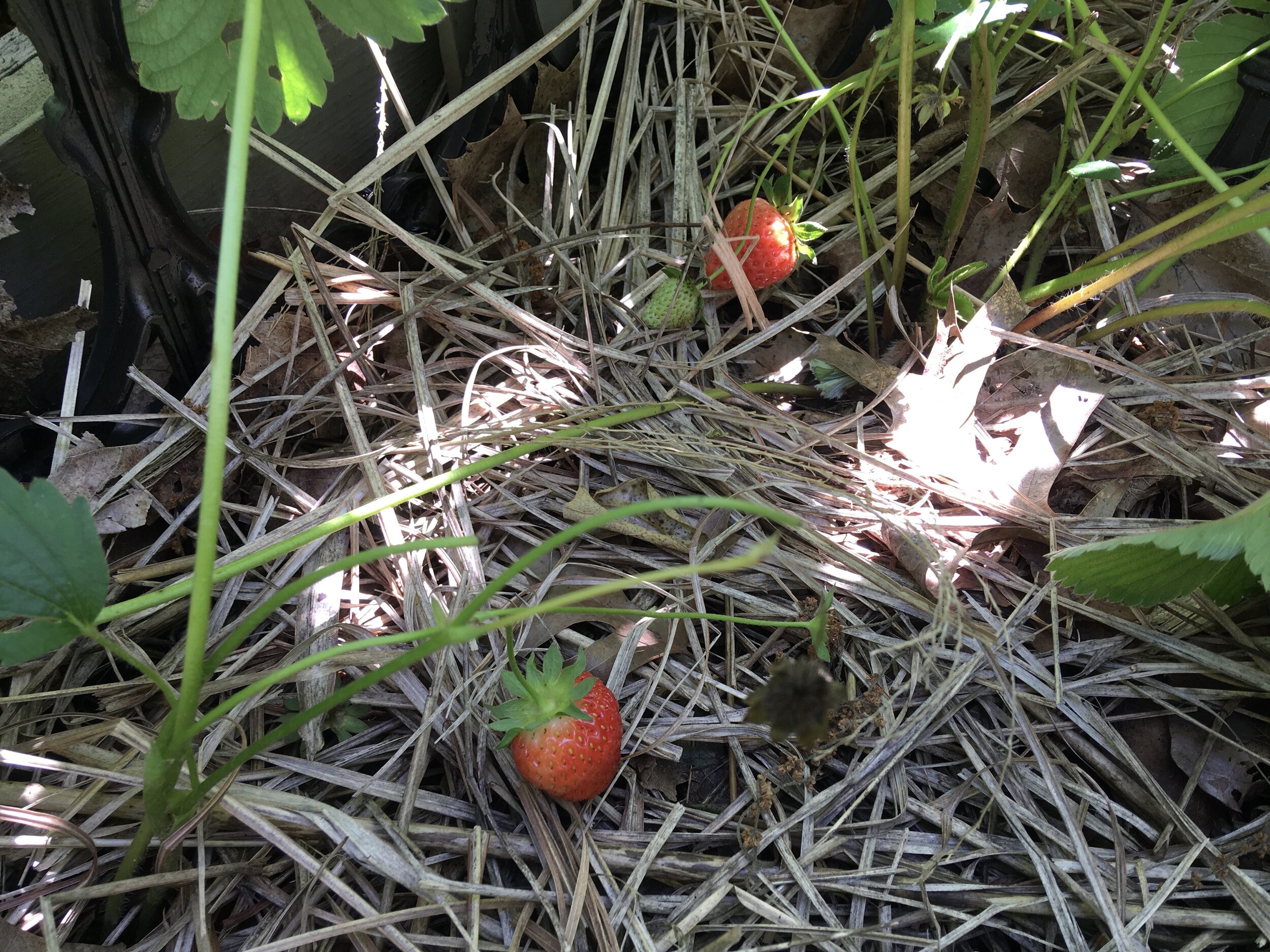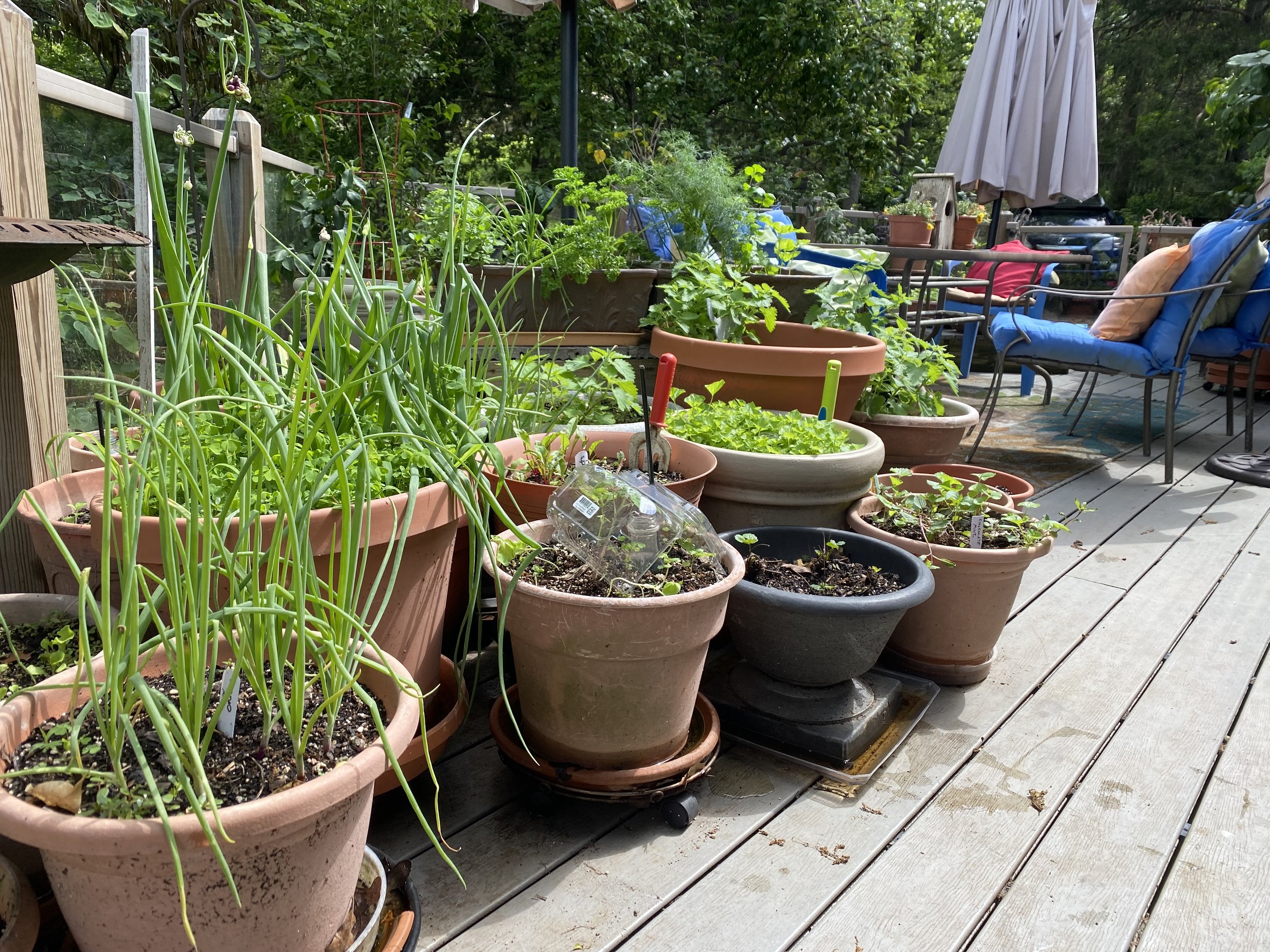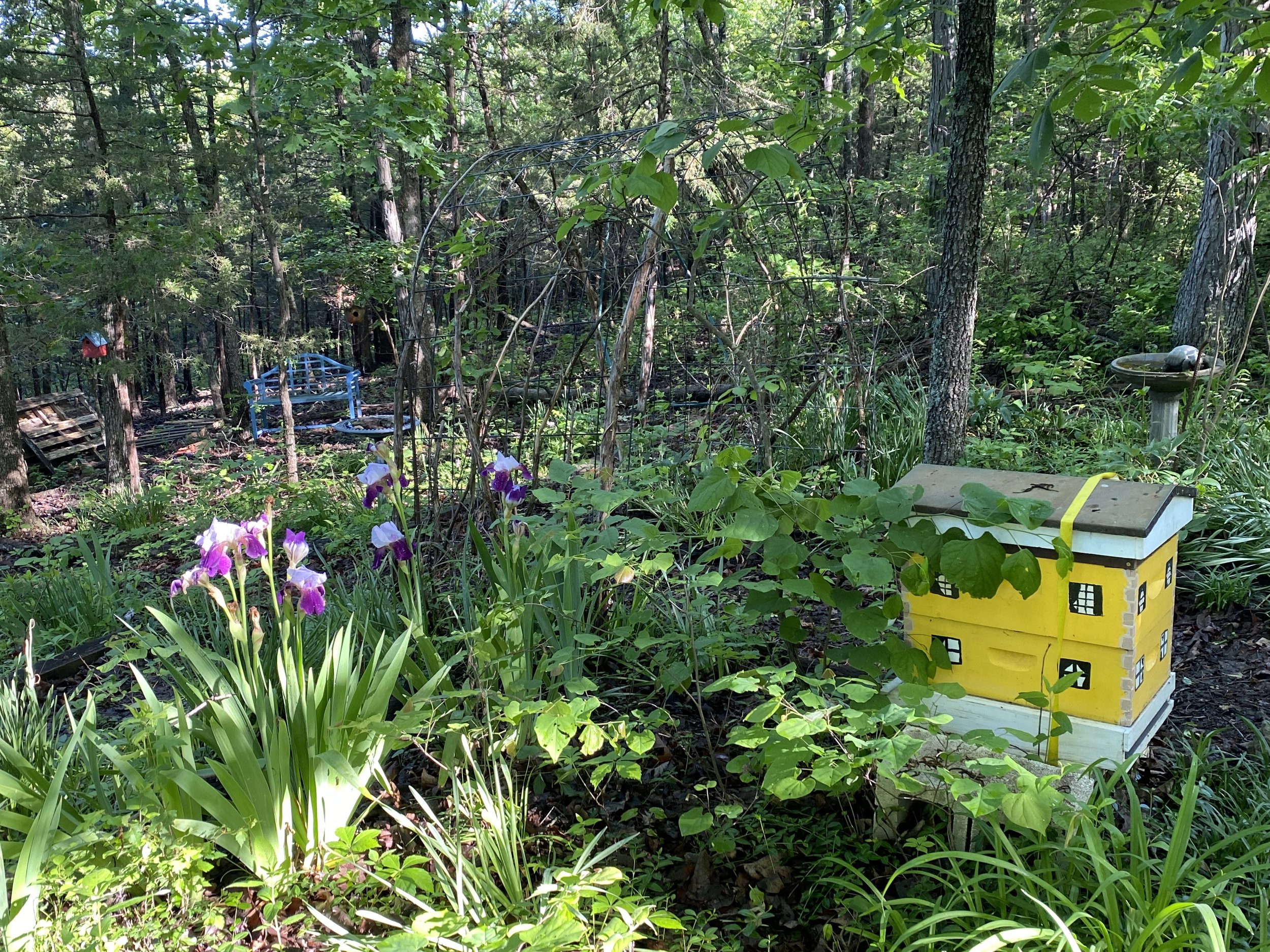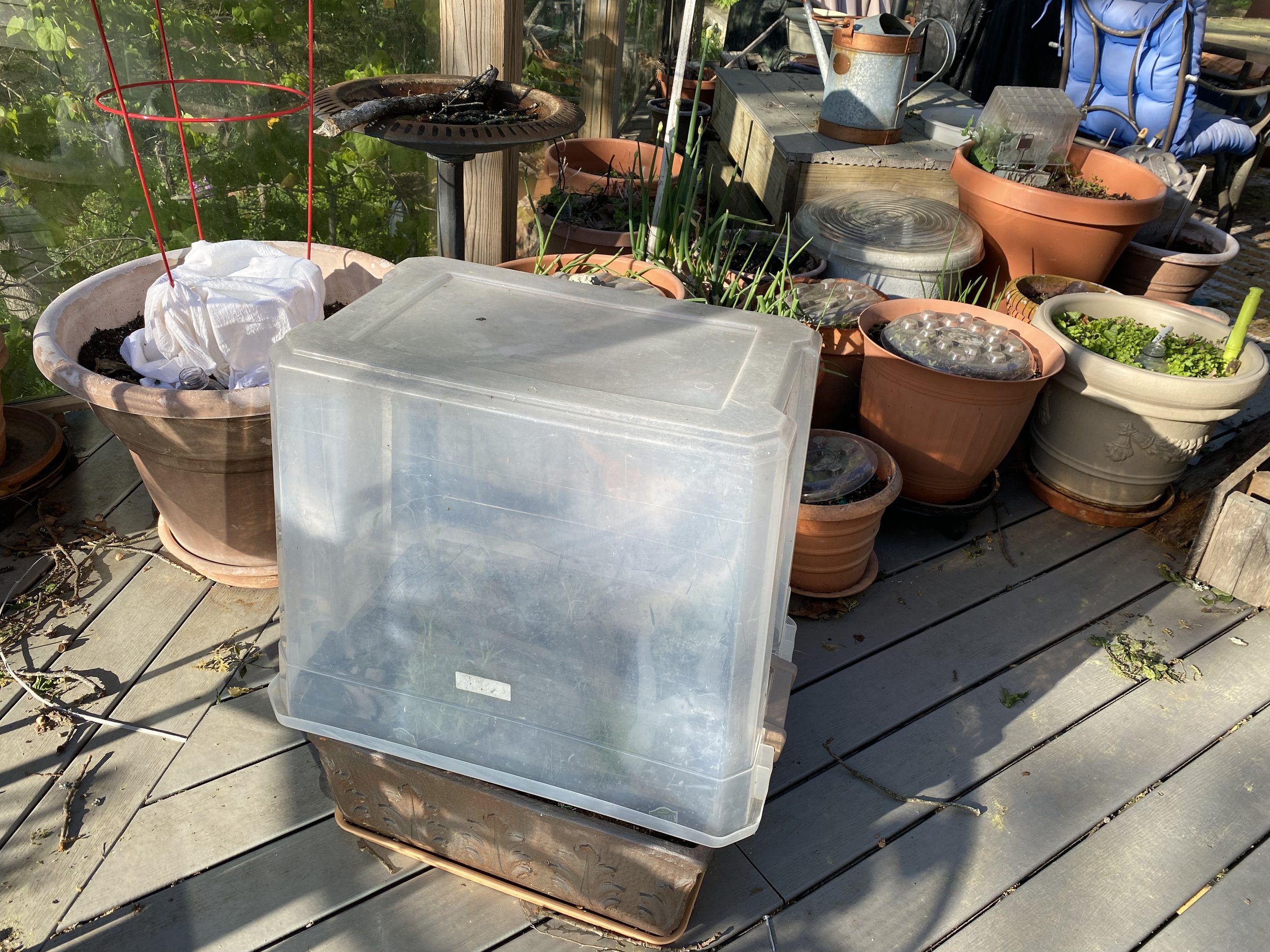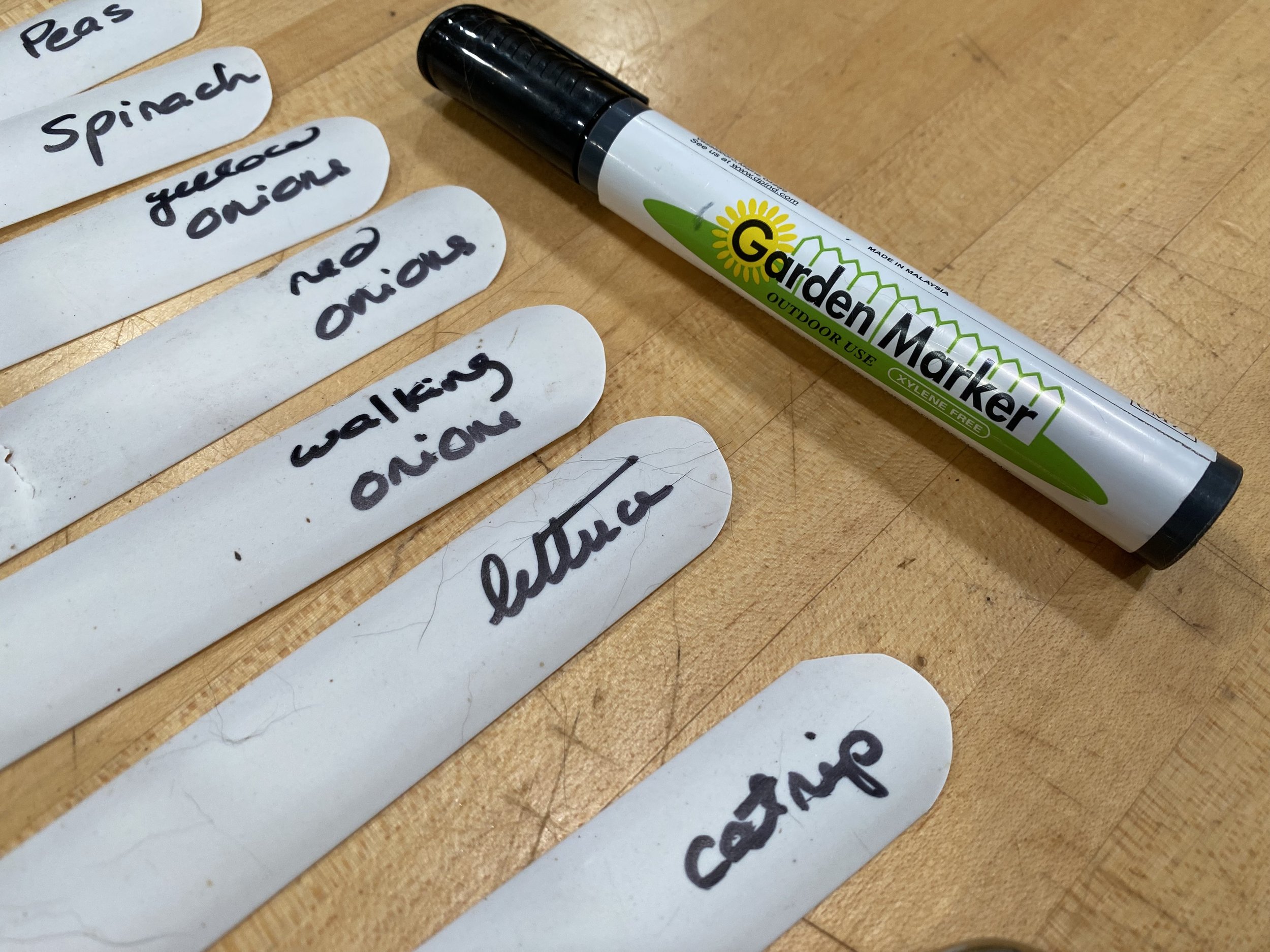Christmas Cacti or Cactuses
/One of my Christmas cactus currently in bloom, see the smooth edges of the leaves?
Christmas Cacti or Cactuses
Or should I say Christmas "cacti?" I have a tendency to call them "cactuses," too. Whatever you call them, these living plants from where I grew up in Brazil, north of Rio de Janeiro, are a favorite of a number of friends of mine. They like to compare photos, and tips, for keeping these South American plants happy and in bloom so here are a few photos of mine currently in bloom.
Christmas versus Thanksgiving Cactus
First, there are two kinds of Christmas cactus that often get confused. The original Christmas cactus (Schlumbergera bridgesii) is no longer available on the commercial market so if someone has a start from grandmother, most likely it is a true Christmas cactus. The leaves of the old-fashioned Christmas cactus are rounded.
By comparison, the Thanksgiving cactus (Schlumbergera truncata) has pointed ends on the green fronds. They also tend to bloom earlier than the old-fashioned Christmas cactus, like this white version that was in bloom a month ago.
This is a Thanksgiving cactus, note the spikes on the green leaves.
There is a third popular cactus available commercially and that one blooms in spring so it's sold as an Easter cactus.
Cactus Care
These tropical plants prefer indirect southern exposure. They will tolerate low light, but perform best in bright, indirect light in the home. Brighter light is beneficial during the winter, but full summer sun can result in pale plants. If you have them outside in the summer, keep plants in a semi-shady location.
Christmas cacti prefer temperatures of 70 to 80 F for their April to September growing season.
According to Dr. David Trinklein, University of Missouri Extension, Christmas cacti do not grow well in a wet root environment. Christmas cacti tolerate under watering better than overwatering. Water only when the growing medium is dry to the touch. If you put a saucer under the pot to collect drainage water, empty it to keep excess water from wicking back into the pot. Failure to do so results in a soggy root environment, which is an open invitation to root rot.
Reduce watering from fall through spring. Only fertilize plants during their growth period of early spring through late summer. Use a regular fertilizer at one-quarter strength or a houseplant fertilizer according to label directions.
Keep Christmas cacti slightly pot-bound to induce prolific flowering. Repotting may be necessary every three years. Use a porous, well-drained potting mix. Commercial mixes made for epiphytes are good choices. Make regular peat-lite mixes into epiphytic mixes by adding perlite or sterile sharp sand to increase porosity.
How to Get Christmas Cacti to Rebloom
Reblooming Christmas cacti can be challenging, Trinklein said. The cacti are short-day plants. However, temperature affects their response to day length. In fact, Trinklein says, flowering will occur regardless of day length under cool night conditions (50-55 F).
Prolific flowering occurs when plants are exposed to cool nights with at least 13 hours of darkness. Reduce water to slightly stress the plant at this time to improve flowering. Expose holiday cacti to short days, cool nights and dry conditions in mid-October for full bloom during the holiday season.
Wish I could tell you I follow these rules but I don't. I leave the plants in the same window all year and sometimes forget to check on them to water. They are kept in the cool basement during summer with a southern exposure, which triggers their blooming by mid-November.
When the pots are in bloom, I bring them upstairs so I can enjoy them but keep them with the same southern exposure. Sudden changes in temperature, light or other factors, such as excessive drying of the growing medium, can cause Christmas cacti to drop unopened flower buds.
Poor flowering also happens when stray light interrupts the required long periods of darkness during short-day treatment. Interior home lights, streetlights and even car lights can disrupt the required dark period and cause disappointing flowering.
Christmas cacti are prone to root rot, another reason to water sparingly. Avoid overwatering and maintain strict sanitation. Remove common insect pests, which include mealybug and scale.
Another Thanksgiving cactus in bloom, this one looks red and white in bright light.
I started several Thanksgiving and Christmas cacti in hanging baskets. When a piece falls off because I over watered, I plant the piece back in the hanging basket and most of them easily root to start a new plant with very little care. This red Thanksgiving cactus in the hanging basket has some of the dead cactus pieces in the front, turned brown.
If you have friends who admire your Christmas cactus, consider taking snips to make starts and get them rooted for next year gifts. Remember to label them so you know what color they are. It can take 3-4 years before a plant is mature enough to start blooming.
Newest Christmas Cactus Addition
One of my master gardener colleagues earlier this summer mentioned she had a Christmas cactus that needed a new home. Without knowing what color or size it was, I volunteered to adopt it. To my delight, the plant was huge. Another friend told me these can live for decades so I found a plant stand to better display the beauty of the plant and now I'm looking for a pot to cover the plastic one.
This is a very old Christmas cactus, I feel so lucky to now be the caretaker of this lovely plant.
I placed the plant in my southern exposure basement window, not expecting any blooms for this holiday. To my surprise, buds started within weeks of the plant settling in and now it's covered in blooms, just in time for Christmas.





